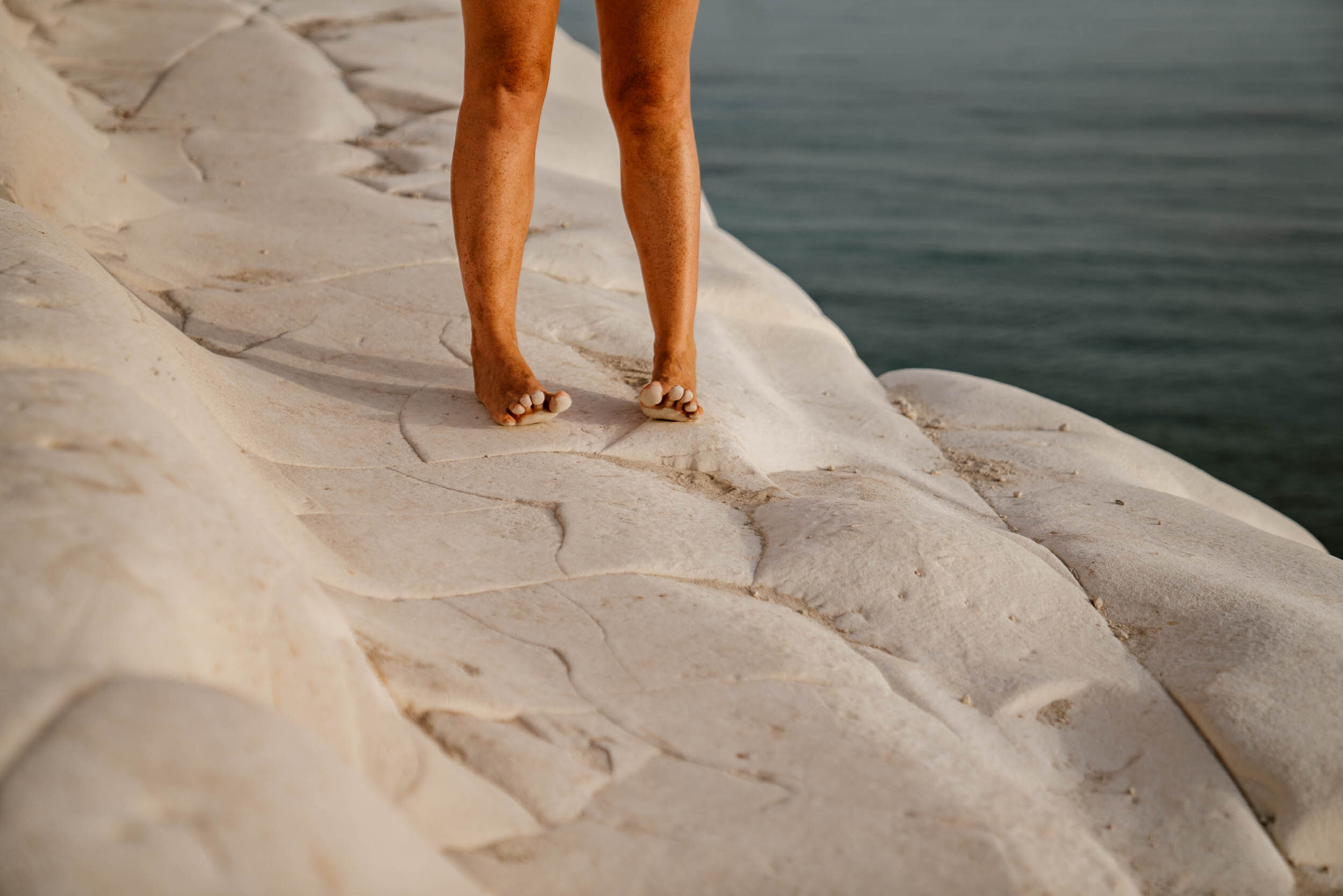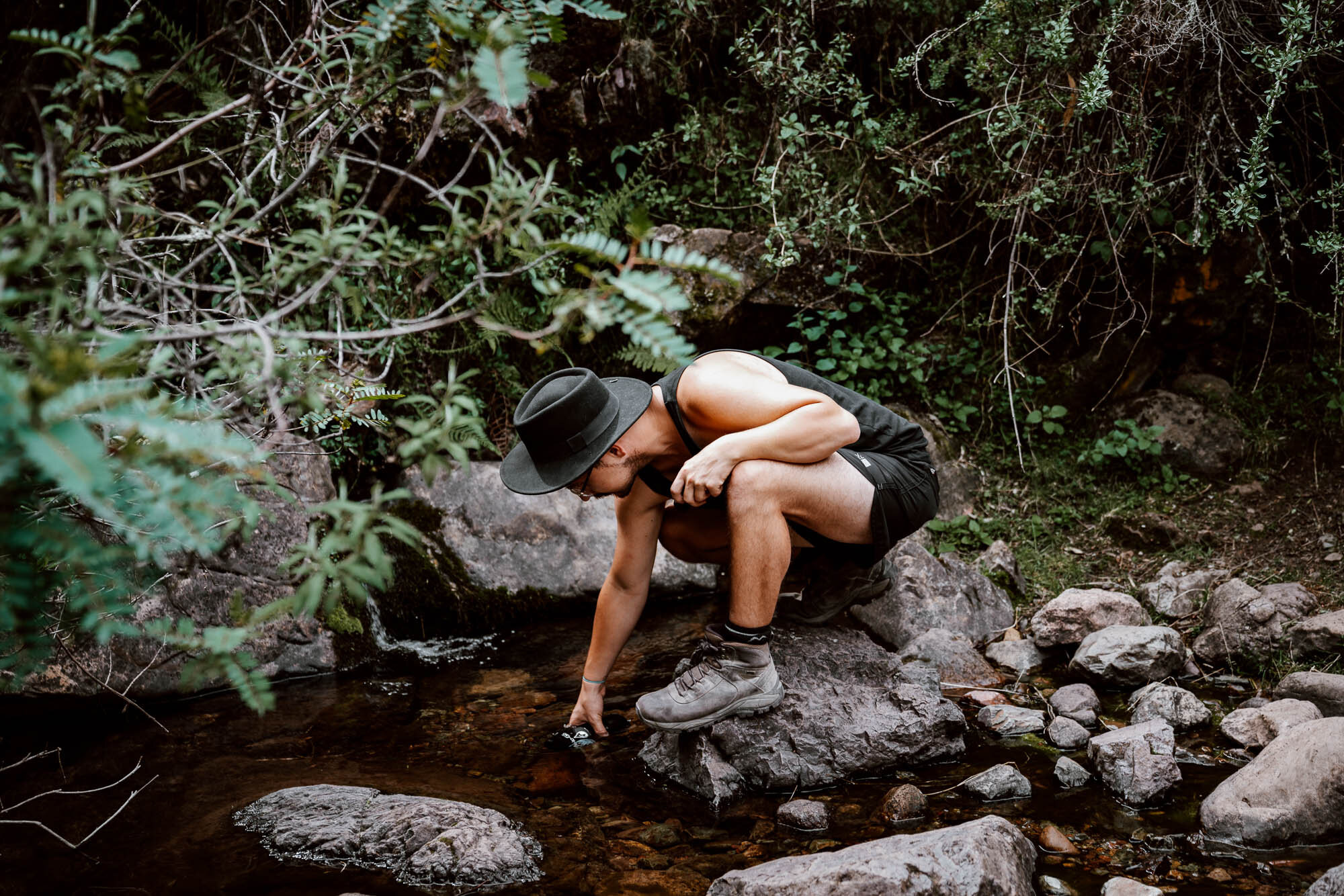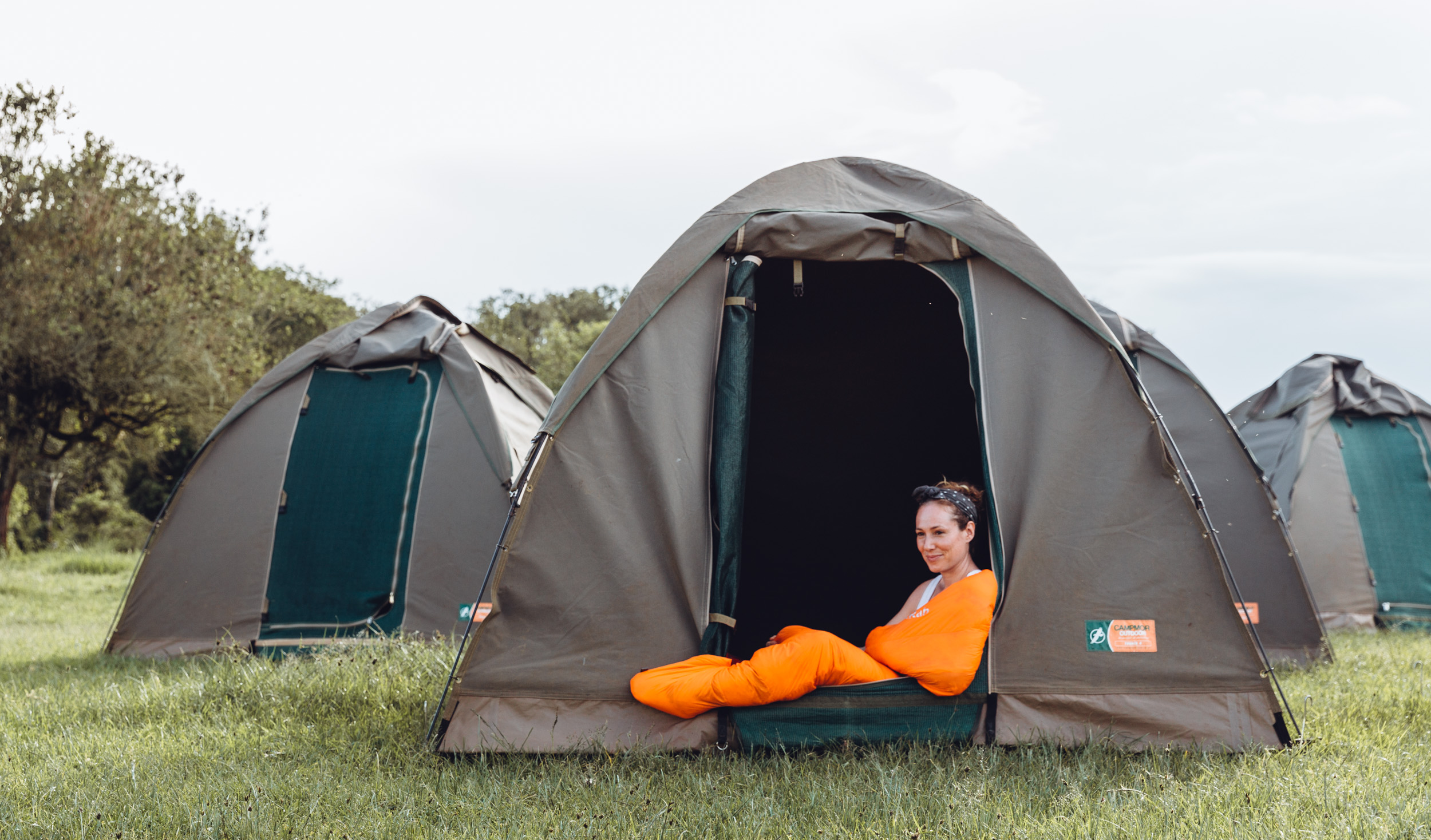“Laughter is always the best medicine.... unless you have diarrhoea. ”
In which case, you may be looking for a little advice....
For the more adventurous traveller (or even just the unlucky one), a few days spent huddled next to the toilet is a given - in fact, up to 60% of ALL international travellers will experience some degree of belly upset. No matter how careful you are, you will ingest something that your body decides it simply must expel - quickly.
For most of us, this will result in at worst a day or two of hostel-based activities whilst desperately running to and from the bathroom. However, for a small number, that suspicious tasting street food can leave you much more unwell.....
So, here's a little bit advice from me, Dr Emily. Several years on the road and quite a few more as a registered medical doctor, mean you can get the advice you need from someone who knows what it's like to travel.
how to limit toilet time
If you read current guidelines on how to avoid traveller's diarrhoea, you would be forgiven for wondering what on the earth the budget backpacker should be eating - outlawed are tap water, street vendor fruit juices, ice cream, ice cubes, uncooked shellfish, eggs, salads, mayonnaise, peeled fruit and undercooked meat.
So, say goodbye to juicy sliced mango, freshly squeezed orange juice, cheap and delicious ceviche, the ubiquitous summer's day ice-cream and Mexican street-food.
Not very realistic, is it?
Instead, how about you just be sensible.
#1 don't guzzle tap water like a local
It many, many countries across the world, drink the water that comes out of the tap, and there's only one place you're going to end up - the bathroom. In these situations, you have two options. Spend money of dozen of plastic bottles that are slowly killing the planet, or find some way to make the water safe.
Unsurprisingly, we go for option number two. Either bring with you on your travels a water bottle that has an in-built filter or use a steripen. Some accommodations will provide filtered water, in which case, refill a quality glass water bottle each day.
Do note that even in countries where the tap water is technically sanitary, mineral levels can vary quite significantly so ease your body in gently.
Some will advise you to brush your teeth with bottled water only - we haven't in Latin America, but this may be advisable in certain other countries. Best to take local advice.
#2 eat on the right street
Don't avoid street-food; just be a little more picky. The best local eats we've had on this trip have been bought on street corners. But be a little more careful with meat. If there is a piece of chicken piping hot on the grill, don't accept the cold one sitting on the table.
If something tastes a little odd, don't eat it. Your body is actually pretty good at letting you know when you should give something a miss, no matter how hungry you are!
#3 pick and choose your restaurants
Everybody enjoys finding the small ma & pa restaurant that nobody knows about. But just bear a couple of things in mind - no matter how good the food smells, if you notice an abundance of cockroaches and mice faeces on the floor and or spot ma or pa sneezing over the food, maybe give it a miss.
Often it's best to follow the locals; a busy restaurant is unlikely to be poisoning its clientele on a regular basis.
#4 wash your hands - seriously!
Remember when you weren't allowed to eat dinner until you'd washed up? Well, there was a reason for that. I know from experience that the sort of toilet you have to hover over and then throw water down can not be relied upon to have fragrant hand soap, so do you and your guts a favour and carry hand-sanitiser with you.
Don't assume that just because the locals aren't getting sick, you won't either. Naturally, your body develops a status quo - and the typical westerner's status quo is pretty fragile. I'm sure that after 12 months of living in that little indigenous village, you really could ingest pretty much anything.
Until then however, repeat this mantra - "I am not Bear Grylls".
diarrhoea strikes - what should you do?
keep hydrated
Ideally bottled water, but realistically anything you can stomach. If you're in a hot country, you should be drinking at least two litres of water each day - for every time you poop, add in an extra 200 mls.
Also, make sure you don't leave home without a decent supply of rehydration salts (like these). A lot of people don't realise that whilst you're experiencing diarrhoea you're losing a lot more than just fluid. You're losing essential electrolytes. Without a natural balance, your muscles will struggle to contract, your heart might not beat correctly, you will become fatigued and may even seize or slip into a coma. A single sachet of powder will provide you with all the electrolytes that you have lost, at the same time as the water replaces the fluid. It's a win-win really!
A pack is cheap, they taste relatively inoffensive and can be added to any sanitary water supply. These can also be picked up from pharmacies in most countries.
Staying hydrated is however much easier if you don't happen to be puking at the same time.
If this happens, bottled water and rehydration sachets are again the main-stay of treatment, but just go a little slower. Glug down down a litre of fluid and you're likely to bring it straight back up! Instead, stick to small amounts often - a couple of small sips every few minutes.
Buy hydration tablets here.
take medication
Your body can sometimes have a particularly sick sense of humour, and stories of diarrhoea hitting mid bus ride, flight, hike or even first date are not uncommon. This is when you might find anti-diarrhoea medication useful and a less embarrassing alternative to an adult nappy.
The most common is loperamide (often sold under the trade name of 'Immodium'), which can be bought over the counter from any pharmacy. Take two tablets at the onset of symptoms, followed by one more each time you you open your bowels (being careful not to take more than eight in 24 hours).
Once you've made it to your accommodation, you can stop the drugs, and ride out the symptoms naturally.
Please note however, that if the diarrhoea is bloody or you develop a fever - DO NOT USE LOPERAMIDE. The presence of these symptoms point towards an infection, something your body is trying to clear. If this happens to you during or shortly after returning from your trip, consider seeking medical advice, particularly if you are unwell with it.
Buy Loperamide/Immodium here.
there's an antibiotic for that, right?
We are a people obsessed with antibiotics. Requested by every patient and dolled out by too many GPs, we are abusing them, with great risk.
The vast majority of those suffering from traveller's diarrhoea will find that the problem is self-limiting - this means that it will naturally get better on its own, with no medication and only simple rehydration.
However, the CDC does recognise that in some cases, you may benefit from a short course of antibiotics - notably in cases where you experience three episodes of diarrhoea in an 8-hour period - especially if it's associated with fever, blood in the stool and/or abdominal pain.
If you're heading to a country with a good health system, you probably don't need to pack the 'just-in-case' box of medication but for those of us spending time in countries with little to no infrastructure where reliable medical assistance is poor, the WHO agrees that it's not a bad idea to carry it.
The most commonly prescribed are azithromycin or ciprofloxacin - a course of which can normally be provided via your nearest travel clinic. Just make sure they are only used when really necessary - when heading to the bathroom very frequently, experiencing fevers, passing large amounts of water-like stool or bloody stool. If you do pack these, ensure you strictly follow the instructions given by the healthcare professional who provided them.
i think i need a doctor
Firstly, it is not uncommon for a bout of traveller's diarrhoea to leave you feeling like you've been hit by a bus. But, as most episodes are relatively short lasting, as long as you have a hostel with good toilet facilities (especially if in your own room) and a relatively comfy bed to collapse on, you should be able to recover in the privacy of your room.
If you're travelling alone, just make sure someone knows that you're not feeling well and ideally have them check on you every now and then.
If you really can't tolerate any fluids, collapse, experience ongoing high temperatures or severe abdominal pain or have bloody diarrhoea, it really is worth getting checked out by a medical professional.
At worst, you're likely to only require a couple of days worth of intravenous fluid but you'll be in the right place should you need anything more.
This may seem like a lot of information, but really it just boils down to these four things:
AND for your own comfort, try your best to get a comfortable private room with bathroom. Keeping to a budget might be important on your trip, but life's too short to cause yourself unnecessary pain or embarrassment.
like it? Pin this!
Disclaimer: Whilst I am a registered medical practitioner in the UK, I am not an infectious diseases or travel health expert. This article is not designed to and does not provide medical advice, professional diagnosis, opinion, treatment or services to you or to any other individual. Through this article, alongdustyroads.com provides general information for educational purposes only. The information provided in this article, or through linkages to other sites, is not a substitute for medical or professional care, and you should not use the information in place of a visit, call consultation or the advice of your doctor/travel nurse or other healthcare provider. alongdustyroads.com is not liable or responsible for any advice, course of treatment, diagnosis or any other information, services or product you obtain through this article.




















